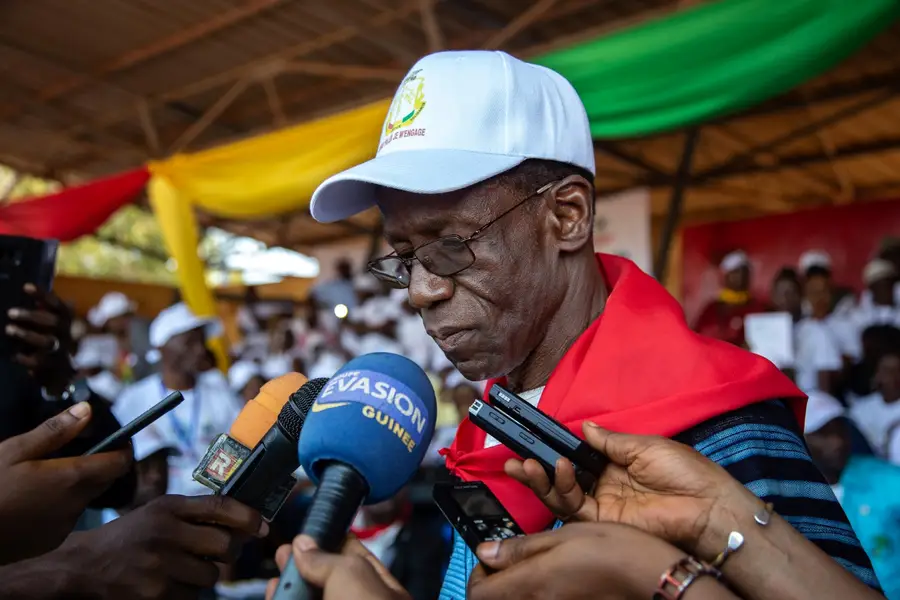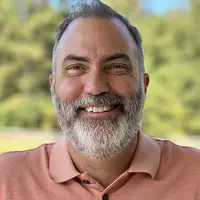
Photo credit: Patrick Adams for RTI International
In the twentieth century, as European colonialism waned and the Soviet Union fell, widespread optimism swept the globe, with the hope that “democracy ascendant” would take root and that governments would openly engage their citizens and respect and respond to their collective voice.
But that optimism was short-lived. Spaces for civic engagement in many countries quickly began to close. Both subtle and overt repression of citizens and their organized representatives emerged in many countries. Civil society organizations (CSOs) and non-governmental organizations (NGOs) were frequently intimidated or closed outright and citizens harassed and arrested. The critical elements of a successful and open democracy ⎯ dialogue, transparency, accountability, and government responsiveness and effectiveness ⎯ suffered or even disappeared entirely. This has been a truly worldwide phenomenon, spanning capture and weakening of public information access in El Salvador, to severely burdensome laws on CSO and NGO registration in Uganda and Egypt, to the requirement of political neutrality for CSOs in Cambodia, and many other manifestations across the world.
Global Manifestations of Closing Spaces
A spate of recent coups in West and Central Africa ⎯ while often framed as “reestablishing democracy” or “ousting corrupt leaders” ⎯ paired with reemergent Russian expansionism abroad and the forcible crushing of dissenting activist voices and media within Russia all serve to demonstrate that the most extreme manifestations of closing space are global and increasing.
The means and methods used to close space are no longer limited to the traditional channels of direct intimidation or force, however. Powerful and dangerous new approaches and tools are now available to anti-democratic forces to resist openness: limiting access to social media and other internet fora, leveraging new tools such as advanced surveillance technologies to exploit now-ubiquitous mobile communications, implementing nationwide or actor-focused internet shutdowns, and other strategies that didn’t exist just 10 years ago. Repressive governments worldwide have taken up these strategies and tools eagerly and effectively and use them to control, limit, or outright silence the voices of civil society and close the spaces in which these voices operate ⎯ both at home and abroad. The current barrage of political and social misinformation ⎯ originating from state actors, allied non-state actors, and individuals ⎯ has only worsened these conditions. The emerging threat of weaponized artificial intelligence (AI) as a tool of repression looms as another dark cloud on the horizon.
How Development Partners Can Support Positive Impact in Closing Spaces
Against this menacing backdrop, USAID and other development partners have remained engaged in many such difficult environments, often acting as a vital counterbalance. As implementing partners like RTI work to support the efforts of USAID and other donors, we must maintain engagement and impact, listen to and elevate local voices, and simultaneously preserve the safety and long-term viability of local actors.
After several decades of working through and with civil society partners across a range of programs worldwide, I believe that three main suggestions for working in closing space environments are critical:
Recognize the shifting operational contexts and needs of civil society actors within closing spaces.
Rigorous and ongoing analysis of local political economy is now considered an accepted and necessary practice for implementing partners in all but the most narrowly technical fields of development. It is key to realistic activity design, adaptive management, rapid and sustained impact, and long-term sustainability planning. Far too often, however, political economy analysis (PEA) and allied approaches are treated as “project internals,” confined to the implementing partner management toolkit with the assumption that local partners intuitively understand the environments within which they operate and can do so adroitly. But the very nature of “closing space” implies a new and fundamental alteration of what was once a more stable local environment. In closing spaces ⎯ with their greater degree of fluidity, changing power dynamics, and higher risks to missteps by demand-side actors ⎯ it's even more important to facilitate the formal adoption of a political economy mindset and use of associated approaches and tools by local partners. As donors and other development partners increasingly work with and through local partners and communities to localize agenda setting, decision making, and implementation, this focus can preserve overall development impact in closing space environments.
Adopt and facilitate new approaches as wedges to either slow closure or open closing space.
Diminishing tolerance for expression of critical opinion related to accountability, anti-corruption, democratic norms, or other aspects of government function is the primary characteristic of closing spaces. It is vitally important that implementing partners adapt our approaches to facilitating the work of our local civil society partners and use context-appropriate language that recognizes this reduced tolerance and associated risks. Recrafting accountability and anti-corruption messaging as “government–civil society partnerships” for effective service delivery and fiscal resource management, for example, offers one potential way to avoid the most heavy-handed of government responses.
Strengthening existing networks of civil society activists and organizations can also provide limited cover and “safety in numbers” that can potentially constrain heavy-handed repressive responses. Network-structured action, when paired with strategic litigation to challenge repressive laws and regulations, is an avenue that can be pursued to reopen space where access to the judicial process remains open. In the most difficult, danger-fraught environments ⎯ where the addition of internet and mobile communications tools of suppression, such as the Pegasus and REIGN spyware packages and IMSI catchers that can be used to monitor, suppress, and persecute civil society organizations, individual activists, and citizens ⎯ publishing critical messages or data through respected third-country traditional or electronic media that reach home-country citizens and government can be a useful tool for anonymized impact.
Safeguard local actors and avoid unintended negative consequences by prioritizing “do no harm.”
Regardless of the context for civil society, “do no harm” should be a bedrock principle that guides implementing partner planning and actions. This is particularly critical in closing space environments, where the very act of participating in donor-funded programs can present very real risks. Building on the importance of a political economy mindset, a key do no harm action is to constantly assess local environments ⎯ particularly the risks, opportunities, and real and perceived threats to civil society actors ⎯ to determine which actions and programs are safe and feasible and to find impactful but safe entry points. Consciously forcing ourselves and our local civil society partners to regularly answer structured do no harm-focused questions is a key aspect of an “everyday PEA” or “thinking and working politically” approach.
The donor and implementing partner community must and will remain engaged in vital development work even in the most difficult of closing space environments. While the suggestions above are by no means exhaustive ⎯ and will require modification and addition as contexts and technologies evolve ⎯ they can serve as important foundational principles for planning overall programs, activities, and learning frameworks that help the development community maintain engagement and impact in closing space environments, while simultaneously preserving the safety, long-term viability, and impact of local actors.
